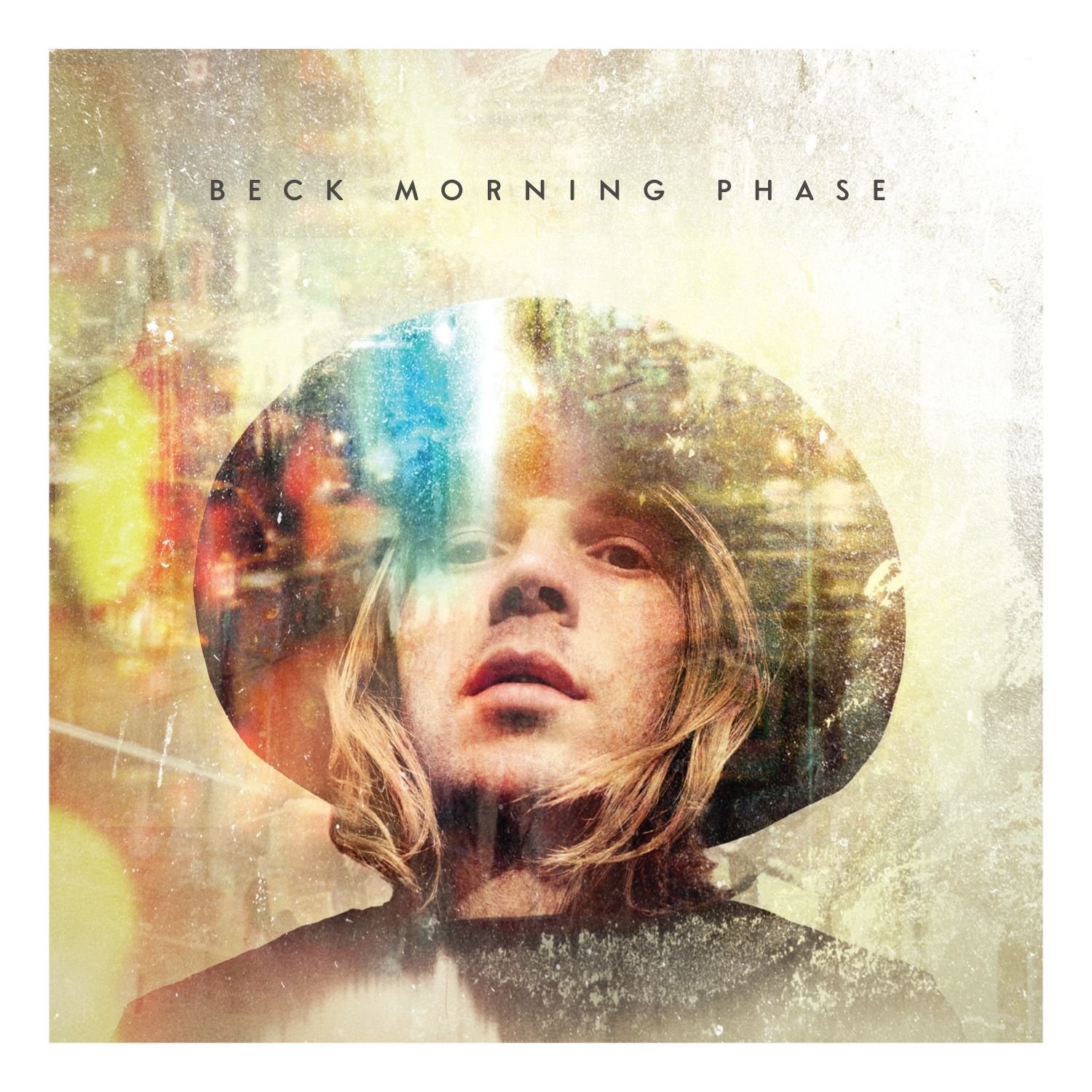
For an artist as prolific and shapeshifting as Beck, five-plus years is a long time to wait between records. But in the time between 2008’s Modern Guilt and now, Beck has said that he was suffering from a serious back injury that prevented him from performing or even playing guitar for long. And yet, the inventive songwriter and producer kept himself more than busy. More than that, he seemed as creative as ever: He produced albums for artists like Charlotte Gainsbourg, Thurston Moore, Stephen Malkmus, and Dwight Yoakam; he and pals like St. Vincent, Wilco, and many more covered classic albums in his Record Club project; and he dropped a whole damn book of sheet music with Song Reader. As a longtime fan of Beck, I consider him an artist with a free pass to do anything he wants and I’ll follow.
Still, news of a new Beck album not only excites fans, but also inspires them (us) to guess which mode he’ll be operating in: Will it be “Dance Party Beck” of Odelay and Midnight Vultures and The Information or “Introspective Beck” of Mutations? But that’s the fun part: Both sides are important to him, and album-to-album, you never quite know which side you’ll get. Case in point: Following last summer’s trilogy, of funky, electronic-based singles, Beck’s once again going acoustic and delving into darker, inward-looking territory with Morning Phase.
The capsule-sized through-line on Morning Phase is that it’s something of a spiritual follow-up to 2002’s dolor masterpiece Sea Change, both in tone and musicians. The comparison makes sense: Last fall, Beck played a series of acoustic shows — one of which I caught at New York’s very intimate (le) Poisson Rouge — where he reassembled part of his Sea Change-era band including Smokey Hormel, Roger Joseph Manning Jr., and Jason Falkner to play mostly songs from Sea Change, Mutations and even a few from Song Reader, before pulling out some hits, cover songs, and lesser-known classics. I didn’t necessarily know it at the time, but this certainly pointed at the vibe Beck was aiming for leading up to the new album. In addition, Morning Phase also brings back Joey Waronker, Justin Meldal-Johnsen, and Beck’s father, composer David Richard Campbell, who again provides string arrangements.
The result is a thoughtful, yet down-tempo collection of lush and spaced-out folk songs, and a welcome return for one of my favorite artists, always up to something worth checking out.
Like Dylan or Miles, Beck’s been an iconoclast who prefers moving forward rather than looking back. But in a recent interview on All Songs Considered, Beck described what it felt like to reconvene ten years after Sea Change, in the same space, with his same band, and to pick up the same guitar that for years he was unable to play due to injury, and make music again with old friends. There’s something inspiring in getting a chance to simultaneously revisit the past while catching up and discovering how much life has occurred in the interim. I rarely get a chance to do that with my own friends, anymore. I can only imagine how powerful that might be.
And so while Morning Phase absolutely shares a tone with that still-perfect album, the music itself is neither rehash nor nostalgia tour victory lap. This is something completely new.
Still, as those swelling strings ease into those opening chord strums and that transcendent chiming melody of “Morning,” I couldn’t help but hear the song as an inversion and extrapolation of “The Golden Age” and “Guess I’m Doing Fine” — songs that got me through a lot of hard times and good times, and still mean a great deal to me now.
It’s almost as if Beck is starting off the record as a continuation, picking up where he left off, before following a parallel but different thread to someplace else entirely. So familiar is that song, that I keep expecting to hear that triplet drum pickup into “Paper Tiger,” but of course, thankfully, it doesn’t go there at all.
As the rest of the album rolls on, through “Blue Moon,” the haunting “Wave,” the pastoral love song “Blackbird Chain,” and ultimately the stunning closer “Waking Light,” Beck takes us on a far more hopeful, affirming cycle than practically anything he’s done before. It plays out like a bleary-eyed metaphysical moment of clarity; the sound of rebirth, rediscovery and renewal.
Listening to this album the last few days, I keep going back to that interview, and find myself ruminating about where I was when I first heard that record more than ten years ago; driving to Lawrence, Kansas to see Beck (and his backing band, The Flaming Lips, no less) perform these songs live, and many a roadtrip through the flattest parts of the Kansas plains, listening to “Lost Cause” and watching the sprawling landscape go by.
Morning Phase may be one of a few new projects Beck unleashes this year or next: there’s rumors he’s already working with hit-maker Pharrell (someone please name that album Evening Phase!). But in the meantime, I look forward to how much I’ll be playing this record now, and in the years to come.